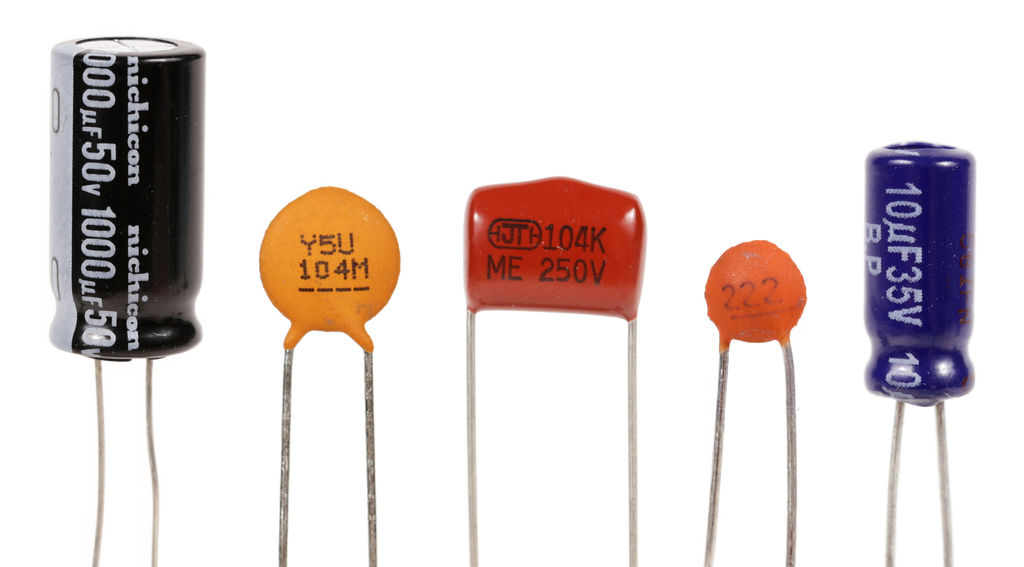Air conditioners are essential appliances that provide comfort and coolness during hot summer months. They consist of various components that work together to cool and circulate air. One crucial component is the start capacitor, which plays a vital role in initiating the compressor's motor. In this article, we will explore the question: Can an air conditioner run without a start capacitor? We will delve into the inner workings of air conditioners, the function of the start capacitor, and the potential consequences of its absence.
- Understanding the Start Capacitor:
The start capacitor is a small, cylindrical device that stores electrical energy. Its primary function is to provide an extra boost of power to start the compressor motor. When the air conditioner is turned on, the start capacitor releases stored energy, enabling the motor to overcome inertia and initiate the cooling process. Without a start capacitor, the motor may struggle to start or fail to start altogether. - The Importance of the Start Capacitor:
The start capacitor is crucial for the efficient operation of an air conditioner. Its absence can lead to several issues, including:
a. Hard Starting: Without a start capacitor, the compressor motor may experience difficulty starting. This can result in increased wear and tear on the motor, reduced efficiency, and potential damage to other components.
b. Overheating: In the absence of a start capacitor, the motor may draw excessive current during startup, leading to overheating. Overheating can cause irreversible damage to the motor windings and result in the need for costly repairs or replacement.
c. Reduced Lifespan: The absence of a start capacitor can significantly reduce the lifespan of an air conditioner. The strain on the motor and other components due to repeated hard starts can lead to premature failure and the need for frequent repairs.
- Can an Air Conditioner Run Without a Start Capacitor?
In some cases, an air conditioner may still run without a start capacitor, but it is not recommended. Certain models may have alternative mechanisms, such as a run capacitor or a potential relay, to assist with motor starting. However, these mechanisms are not as effective as a start capacitor and may lead to decreased performance and increased energy consumption. - The Consequences of Running Without a Start Capacitor:
If an air conditioner runs without a start capacitor for an extended period, the consequences can be severe. These include:
a. Reduced Cooling Capacity: The absence of a start capacitor can result in reduced cooling capacity, as the compressor motor may not reach optimal speed. This can lead to inadequate cooling and discomfort in hot weather.
b. Increased Energy Consumption: Without a start capacitor, the compressor motor may draw more current during startup, leading to higher energy consumption. This can result in elevated electricity bills and unnecessary energy waste.
c. Potential Damage to Other Components: The strain on the motor caused by the absence of a start capacitor can impact other components, such as the fan motor and the condenser coil. Over time, this can lead to additional repairs and maintenance costs.
Conclusion:
In conclusion, while an air conditioner may technically run without a start capacitor, it is not advisable. The start capacitor plays a crucial role in ensuring the efficient and reliable operation of the compressor motor. Its absence can lead to various issues, including hard starting, overheating, reduced lifespan, reduced cooling capacity, increased energy consumption, and potential damage to other components. To maintain optimal performance and prolong the lifespan of an air conditioner, it is essential to ensure the presence and proper functioning of the start capacitor.
